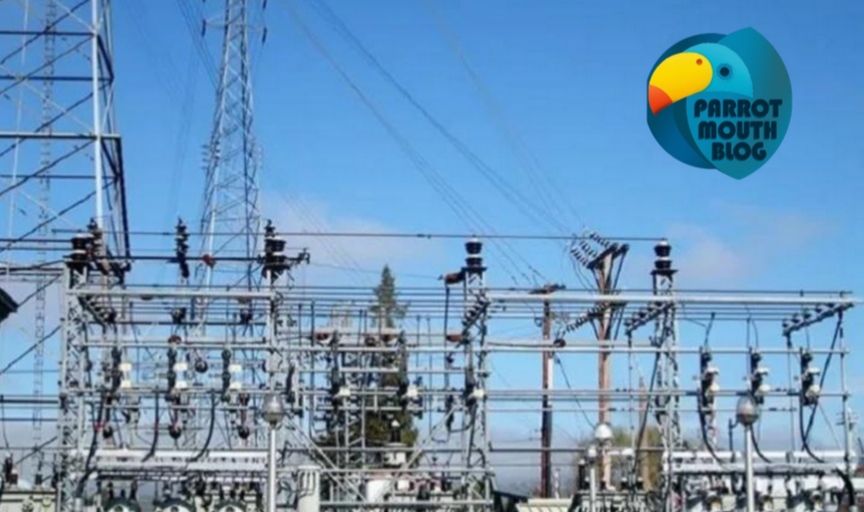Stricter sanctions have been introduced under the amended Electricity Act 2023, revised in 2025, as individuals found guilty of vandalising power infrastructure across Nigeria may now face life imprisonment particularly in instances where such acts cause major disruptions to electricity supply or pose threats to public safety. A broad range of infrastructure, spanning generation plants, transmission towers, substations, transformers, meters, and distribution networks—has been placed under the protection of the law, which applies to both public and private assets essential for electricity generation, transmission, and distribution nationwide.
An offence is deemed to have been committed when any individual is found to have unlawfully or intentionally destroyed, damaged, or rendered electricity facilities non-functional, as stated in the updated legislation. Where vandalism results in critical disruption to supply or endangers lives and public safety, a minimum sentence of ten years and extending up to life imprisonment without the option of a fine has been prescribed.
For incidents resulting in substantial economic loss or prolonged outage, offenders may be sentenced to a prison term ranging between five and ten years, also without the option of a fine. In less severe cases, penalties of no fewer than three years and up to five years’ imprisonment, or a fine not less than three million naira or both have been provided.
The use of tools, vehicles, or equipment in the commission of such offences may also lead to their forfeiture by court order, with provisions made for the payment of compensation to cover damages. Through these strengthened provisions, a firmer stance has been taken by the government to safeguard Nigeria’s electricity infrastructure and reinforce uninterrupted service delivery to citizens and businesses.








